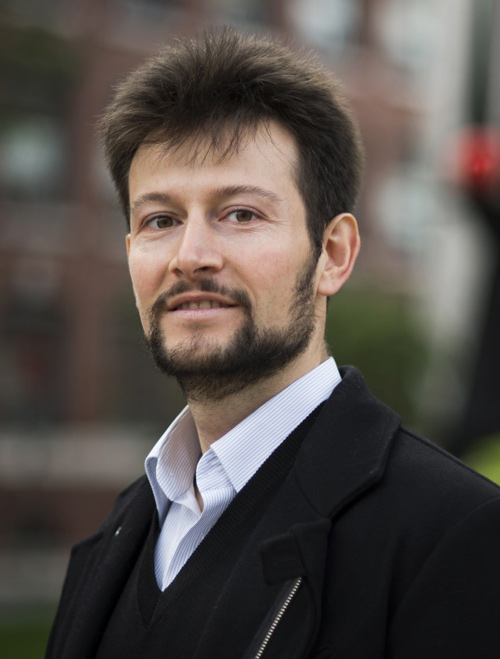Nikolai Slavov PhD
Scientfic Advisor, mRNA Translation
Nikolai Slavov received undergraduate education at MIT and pursued doctoral research in the Botstein laboratory at Princeton University, aiming to understand how cells coordinate growth rate, gene expression, and metabolism. During his postdoctoral research in the van Oudenaarden laboratory at MIT, he characterized trade-offs of aerobic glycolysis (also known as Warburg effect). Subsequently, he obtained direct evidence for ribosome heterogeneity in yeast and in mouse embryonic stem cells. His laboratory explores the functional roles of this ribosome heterogeneity and the regulation of protein synthesis in single cells. Most recently, the Slavov laboratory developed high-throughput technologies for single-cell proteomics by mass-spectrometry and is applying them to quantify post-transcriptional regulation in complex diverse biological systems. Professor Slavov is a recipient of an NIH Director's Award and an Allen Distinguished Investigator Award.
